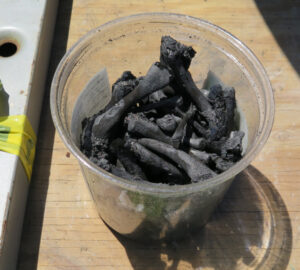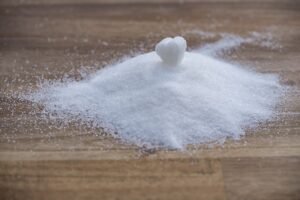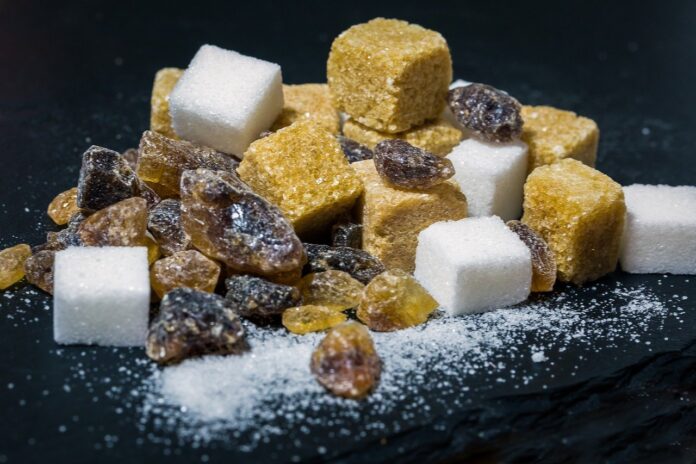Life isn’t easy for vegans. When it comes to food, they have to be extra cautious before using any ingredient in their cooking or buying anything off the shelf.
It is common sense to read labels before buying anything, but what can one do if even the most regular staples they have been consuming all their lives are non vegan?
Sugar is one of the culprits.
Although sugar in itself is vegan considering it comes from sugarcane plant, the manufacturing process involves the use of animal-derived ingredients – making it non vegan.
A product known as bone char or bone charcoal is used to remove impurities from raw sugar solution, and allows it to achieve the desirable white color. It is made from the bones of cattle from Afghanistan, Argentina, India, and Pakistan. The bones are sold to sugar factories across the world.
Not just white sugar, but even brown sugar processing isn’t free from bone char, since the latter is made by adding molasses to refined sugar.



Therefore, it may come as a shock to know that many commonly available foods and cosmetics are not vegan-friendly.
Indian scenario
India ranks second in sugar production, after Brazil. Most of the sugar is produced in the states of Uttar Pradesh, Maharashtra, Gujarat, Tamil Nadu, Karnataka and Andhra Pradesh.
According to the animal rights organization Beauty Without Cruelty, the sugar derived from sugarcane in the refineries of India is vegan. Filtration and decolourization techniques for cane sugar involve traditional granular/ activated carbon (coal, wood, coconut), or the use of synthetic ion exchange resins. Coconut shells, corn cobs, rice husk, wood chips and pinewood can be substituted for bone to make charcoal or carbon filters.
Manufacturers of cane sugar in India also use sulphur dioxide for refining. The sugar produced in India is called refined plantation white sugar. But the refined sugar (brown, white and powdered) manufactured abroad usually involves the bone char filter process.
Search for healthier, cruelty-free sugar
Even though vegan, the purification process of raw sugar using sulphur compounds has adverse effects on health. Although the compounds are drained out with the molasses, some sulphur is left behind and can result in respiratory illnesses. Countries such as USA and Europe do not import Indian sugar due to the adverse side effects of sulphitation process. It is therefore important to look for sulphur-free sugar brands when buying from the market.


An alternative to sugar, jaggery is made from sugarcane juice and should ideally be dark in colour. It is made whiter by adding caustic soda or sodium bicarbonate. Some manufacturers also use harmful compounds like zinc formaldehyde sulphoxylate, sodium hydrophosphide or even cheap detergents.
To ensure that the jaggery you buy is pure, choose the dark brown one as the yellowish colour indicates chemical treatment. Moreover, look for hard jaggery as it doesn’t contain any additives added while boiling the sugarcane juice.
Nowadays, palm or coconut sugar is also becoming popular. This vegan crystalline sugar is slightly brown in colour and looks like powdered sugar. It is made from the sap of palm or coconut trees or from palm jaggery. The clarification process involves the use of phosphoric acid or super phosphate solution. This is a better and healthier alternative to sugar and sugarcane jaggery.
Beet sugar manufacturing is also picking up in India. The processing is similar but does not involve the use of any clarifier for decolourisation. It is 100% vegan but may not be suitable for Jains.
Although most sugar produced in India is vegan, the same doesn’t hold true for the ones available abroad. It is not suitable even for vegetarians. Therefore, Indians could carry their own sugar in a jar while travelling abroad as it is obviously not possible to ascertain the origin and type of sugar consumed in food.


